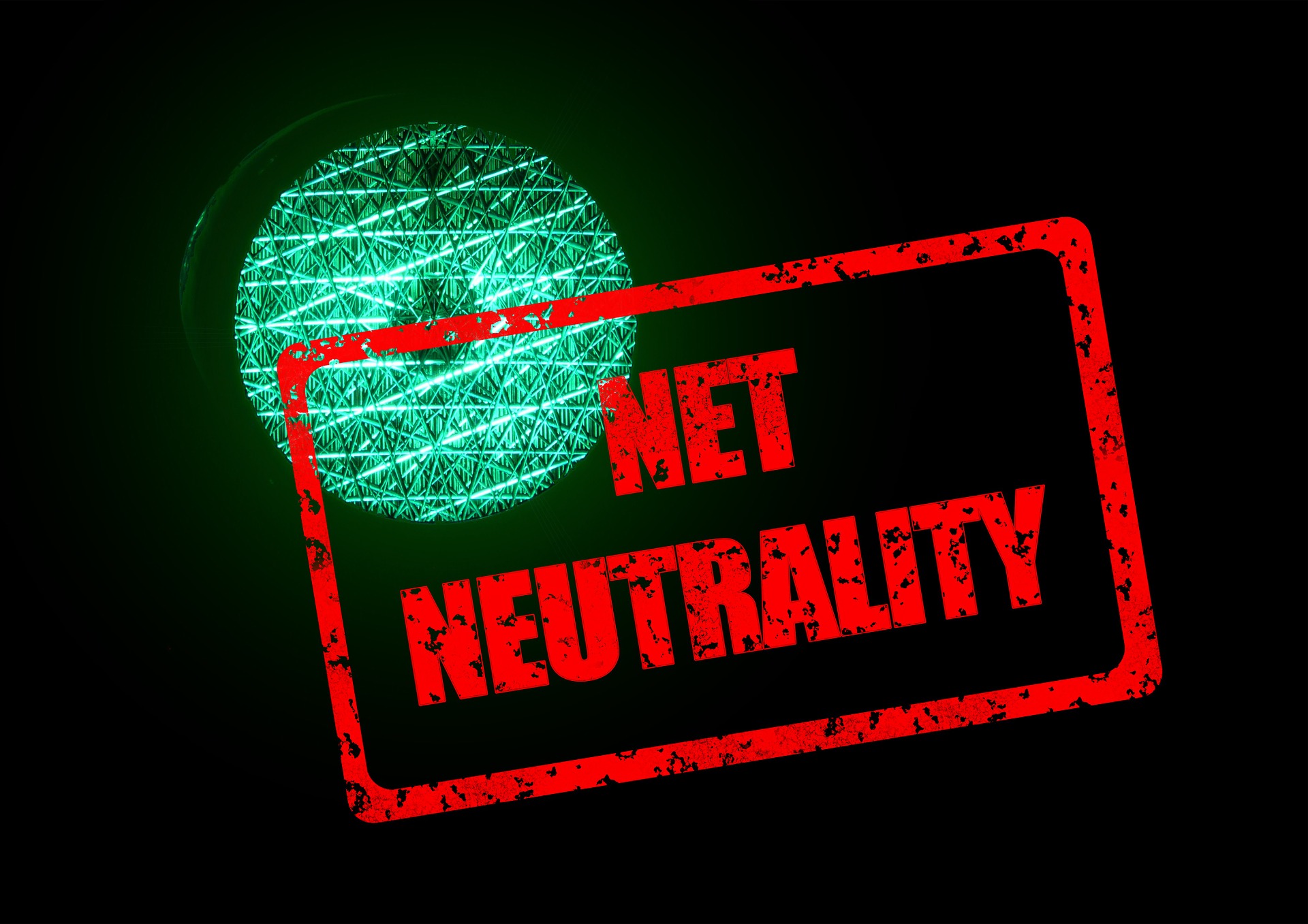Last month the state of California began enforcing its expensive and heavy-handed new business privacy laws despite the economic burdens already borne by business because of COVID-19 and the government’s shut down of the economy. At $55 billion in compliance costs with the threat of millions more in penalties and fines California storefronts must now figure out how to comply with the complicated and often undefined terms of the law.
In addition to the already-acknowledged problems with the California Consumer Privacy Act, those who crafted, and support still seem to miss the obvious – people do not trust government with their information. Maybe that is where real privacy protections should have begun.
According to a recent survey by Varonis, a cybersecurity company that is focused on data security, only 31% of Americans trust the government with their data while shockingly 35% trust credit card companies. Pew Research Center had similar results last year with 84% of those polled saying they feel that they have no control over data the government collects. More felt they did have control when companies had their data.
From the start, government has recommended “test and trace” as the way to limit the spread of the coronavirus. Test and trace is a well-known strategy for containing a viral disease that relies on contact tracing to be successful. Typically, health authorities work with those identified as infected to find out who they may have been in contact with and hence exposed to the virus. Those who have been exposed are then tested and, if sick, they are also isolated, and their contacts traced.
The whole scheme relies on an extensive amount of labor but in the current health challenge, suggestions were made to automate it as much as possible. That led to plans to use mobile phones to identify and trace people and those with whom they come into contact.
The app that was developed to help uses Bluetooth in smartphones to create a record of those who interacted with the phone’s owner. If the smartphone user were to contract the virus, health officials would provide a code to use to send alerts to those with whom they had contact. The promise was that, by design, all records would be anonymized to alleviate privacy concerns.
Yet, even in the midst of the hysteria stirred by the media and politicians, many smartphone owners said they would definitely or probably not use the app. As reported in POLITICO, New Yorkers who are living in what was the U.S. epicenter of the virus, were still reluctant to provide their home addresses and the names of those with whom they had been in contact to the database. The city has tried to manage with public health workers instead.
Outside New York, Utahans have voted with their app by not downloading it. A crushing 98.2% of Utah’s residents did not download the state’s tracing app even after state officials turned off the location function, citing privacy concerns.
Taken together the public is speaking loudly about its concerns in giving up information. Americans are wise to be wary of government collecting information, particularly when it is done without a full understanding of how that information might be used or stored. In a marketplace, consumers are free to choose merchants who honor their wishes and meet their demands. When government is involved, there is no alternative. While government has the power to imprison at gun point, merchants merely have the power to serve their customers as best they can.
Globally, citizens are also wary of government collecting data. Even in Germany, where Gallup reports that 83 percent trust government medical advice and Angela Merkel boasts an approval rating of nearly 80 percent, only 20 percent of the population have trusted the system enough to download an app.
Government should be looking to clean itself up rather than fining companies. It’s a bold idea, but government must lead by example. California could have started the new normal but political leaders unfortunately opted instead for a predictable, heavy handed government approach.
Bartlett Cleland is senior fellow in tech and innovation at the Pacific Research Institute.

